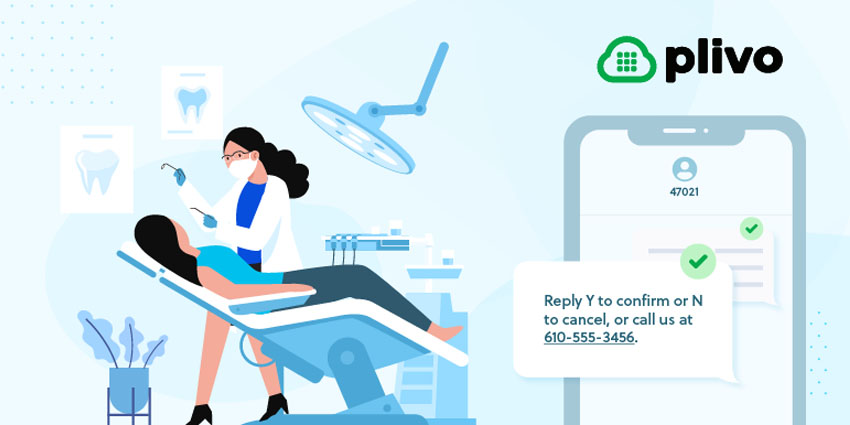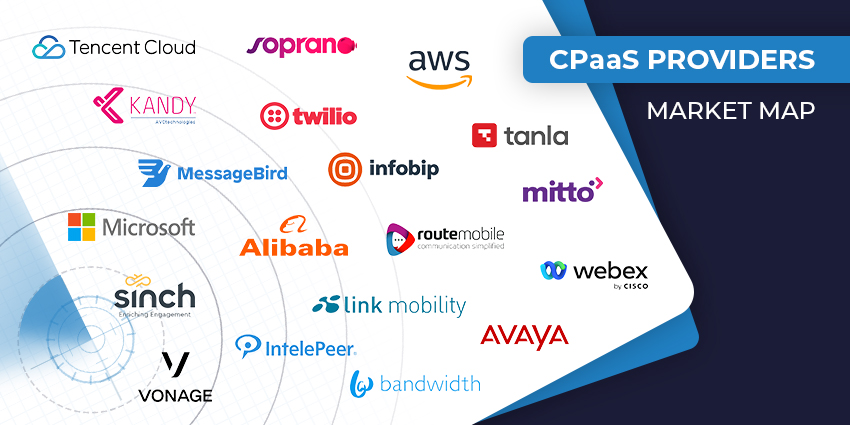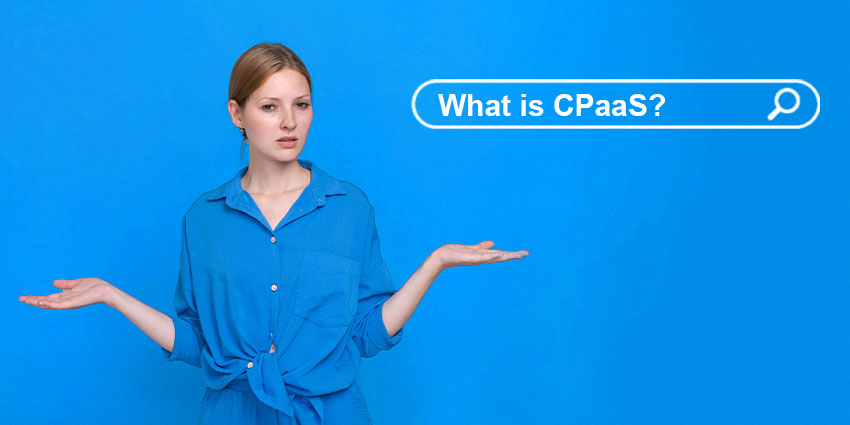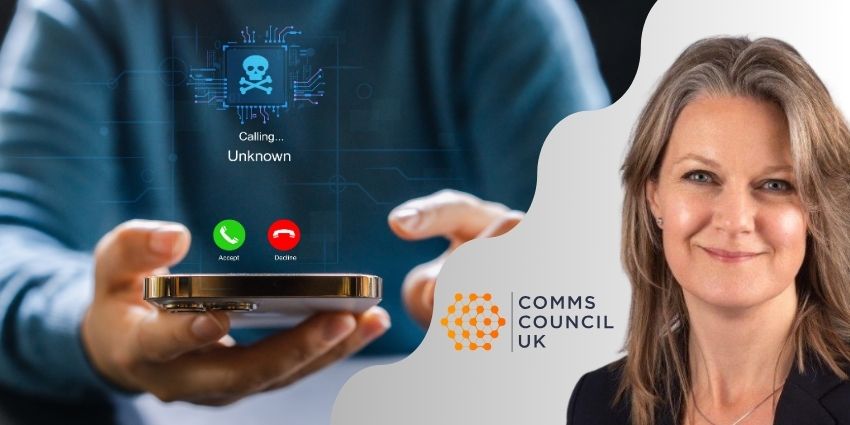High consumer demand, operational delivery challenges, critical confidentiality concerns: the healthcare sector has long had its work cut out.
Technology, of course, has always had a part to play.
However, in today’s omni-channel, always on world, effective and efficient communication is now just as important as the science or the medicine.
Slick, fast and secure interaction between providers and those they care for can transform the experience for all parties – improving patient outcomes whilst simultaneously driving important efficiencies.
Around the world, systems of primary healthcare vary hugely: some purely private or insurance-based, some state-delivered at taxpayers’ expense and free at the point of delivery, others a mix of the two.
Conversely, most countries’ secondary healthcare activities – such as elective or cosmetic surgery, dentistry, physiotherapy, ophthalmology, podiatry, etc. – are wholly commercial enterprises.
For the provider, competition can be fierce; meaning quality of service is linked directly to customer loyalty and, ultimately, profitability.
In turn, for the consumer – or patient – there is an expectation that the communication experience will be as rich and efficient as it is in, say, the retail sector.
All of that spells opportunity for those who partner with the right vendor.
“The modernization of healthcare communications can play a significant role in improving effectiveness and efficiency across the sector,” says Tony Graham, Head of Product Marketing at global cloud communications provider Plivo, whose powerful and feature-rich ‘all-in-place’ communications platform does just that.
“How and when do patients want to be contacted? What information is most important to them? How can automated communication improve their lives? These are all questions that smart communication platform functionality cannot only help pose, but also help answer.
“Automating patient communications whilst simultaneously ensuring privacy and confidentiality can change the game for everyone concerned.”
Graham points to research at the U.S. National Library of Medicine that shows all types of reminder systems are effective at improving healthcare appointment attendance.
Critically, researchers also found text messaging was the most effective way to issue those reminders, delivering successful contact rates of 97%–99%.
Most healthcare organizations are likely to possess electronic medical records (EMR) systems, but Plivo’s CPaaS functionality enables those businesses to communicate way beyond those systems limited capabilities.
It is able to send alerts and notifications via text message or phone call confirming appointments and reminding patients of what items to bring with them; protect account privacy by sending one-time passwords for two-factor authentication; inform pharmacy customers of the status of their prescription; and exchange two-way text messages between patients and doctors’ offices.
“One of our healthcare customers is serving tens of thousands of practices that are providing health and wellness services to millions of clients,” says Graham.
“They tell us that appointment reminders are a big value-add for its customers and are a big reason why a lot of them sign up. Missed appointments are hugely inefficient and add to costs, so the return on investment is clear to see.”
Plivo’s platform is also able to integrate voice calling into customer applications; automate delivery of post-care messages and lab results, saving receptionists time; implement an interactive voice response (IVR) menu system that accepts both Touch-Tone keypresses and voice responses; add a click-to-call button to a website; and send bulk SMS marketing messages.
Pharmacies, for example, can remind people to get flu shots when the newest batch is ready, or offer them a coupon for a discount on merchandise they can use when they come in to pick up a prescription.
Similarly, a dental office can inform patients that they now offer Invisalign or Botox services.
Security and patient confidentiality is well-covered too.
The Plivo platform is fully compliant with the U.S. Health Insurance Portability and Accountability Act, for example, and redacts fully-encrypted data in key fields in logs and callbacks to ensure that no patient information is exposed.
It is independently audited annually to ensure ongoing compliance and is also happy to sign a Business Associate Agreement with customers who handle protected health information.
“Healthcare providers that use a cloud communications platform can save time and money, improve internal and external communications, and beef up the way they work,” says Graham.
“Just as those providers want to partner with patients to improve their health, so Plivo wants to partner with them to improve their business.”
- Learn more about how Plivo can help your healthcare communication.







